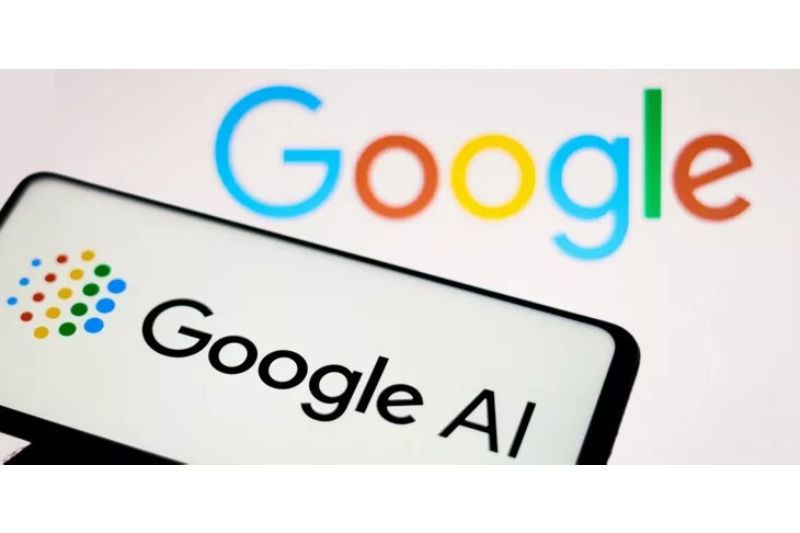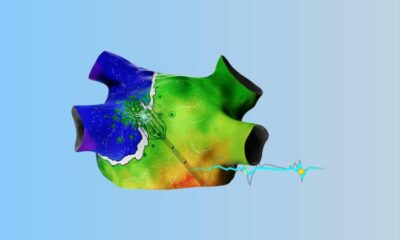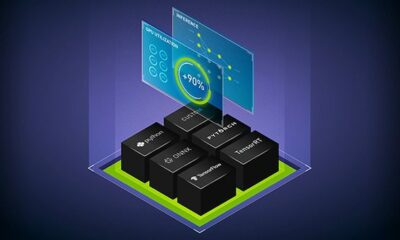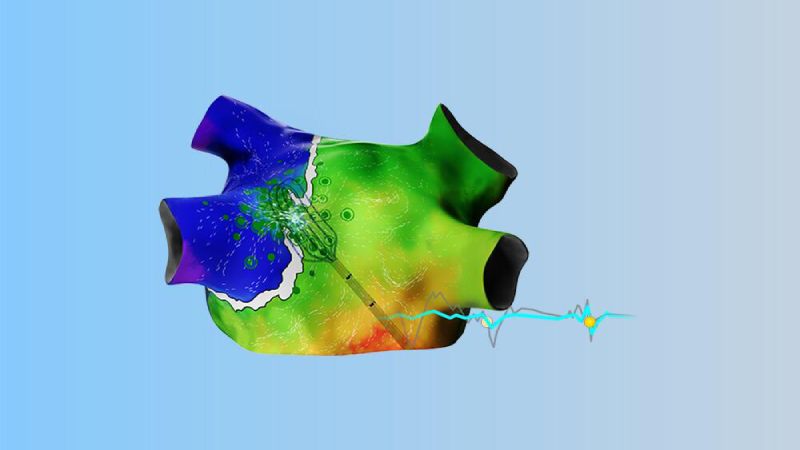Artificial intelligence (AI) capabilities have already been integrated by internet search corporations into their systems. Additionally, a large increase in the use of AI systems to assist with online searches is anticipated in the upcoming years.
According to several tech experts, users’ overall search experiences can be substantially enhanced by this modification. Experts, however, are also worried.
Google is one company that embraced AI search early on. Currently, the search engine of the American-based corporation handles over 80% of all global internet search requests.
AI-powered search results are now available on Microsoft’s Bing search engine. Bing’s Copilot service is integrated with its AI technology. An AI tool called Copilot is intended to function with a number of Microsoft commercial tools.
Launched in late 2022, ChatGPT by OpenAI serves as the foundation for Copilot. An AI tool driven by a computer called ChatGPT is made to communicate with people in a natural way.
These AI instruments, sometimes referred to as “chatbots” or “generative AI,” are trained using enormous volumes of internet data. They have demonstrated the capacity to write at a human level and to produce excellent photos and films from brief written descriptions.
However, some AI systems have also shown potential hazards. The instruments’ ability to convey inaccurate or misleading information as fact poses one risk. Additionally, they may yield outcomes that reflect ingrained prejudices toward marginalized groups or minorities.
Here, we present some advice to people looking for new systems that will deliver more relevant and enhanced search results.
On their primary search sites, a few significant search engines have made it simple to locate AI search engines.
Google’s own chatbot, Gemini, powers the company’s search engine. It is easily accessible using desktop or mobile browsers. In addition to helping with searches, Gemini can be used for additional chatbot functions.
Additionally, Google has been testing a brand-new search product known as “Search Generative Experience.” Links are changed to AI-generated summaries of a topic’s essential facts. Only American users who register through Google’s experimental Labs website are presently able to access this system.
You only need to click the Chat or Copilot button beneath the main search window to use AI with Microsoft’s Bing search engine. An information box allowing users to enter their search requests should appear as a result.
There are also new AI search websites available. However, they are harder to locate. According to the Associated Press, searching for tools on Copilot or Gemini is one method of locating them. Perplexity, HuggingChat, You.com, Komo, Andi, Phind, Exa, and AskAI are a few to be wary of.
There are free versions of most of these services. However, a user’s ability to conduct searches is usually restricted. Additionally, users have the option to upgrade from basic services to higher tiers, which offer more search options and intelligent AI technologies.
For instance, Gemini customers can purchase the Ultra 1.0 model, which is its “most capable” variant, for $20 in an upgraded version.
The majority of startup websites don’t require account creation and are mainly free to use. Many also offer the opportunity for upgrades.
How Do The Outcomes Look?
In contrast to a conventional Google search, the information retrieved using AI technologies is typically more comprehensive and readable. Occasionally, the information’s original source is also mentioned. Moreover, notices alerting users to potential false information showing up in the results are occasionally included.
Experimenting with multiple AI tools is a smart idea. The outcomes of each can vary, sometimes dramatically. The AP reports that come from using AI-assisted search engines can be very helpful when looking into more elusive details.


 Business4 weeks ago
Business4 weeks ago
 Entertainment4 weeks ago
Entertainment4 weeks ago
 Business3 weeks ago
Business3 weeks ago
 Business3 weeks ago
Business3 weeks ago
 Business3 weeks ago
Business3 weeks ago
 Technology4 weeks ago
Technology4 weeks ago
 Technology3 weeks ago
Technology3 weeks ago
 Technology2 weeks ago
Technology2 weeks ago














